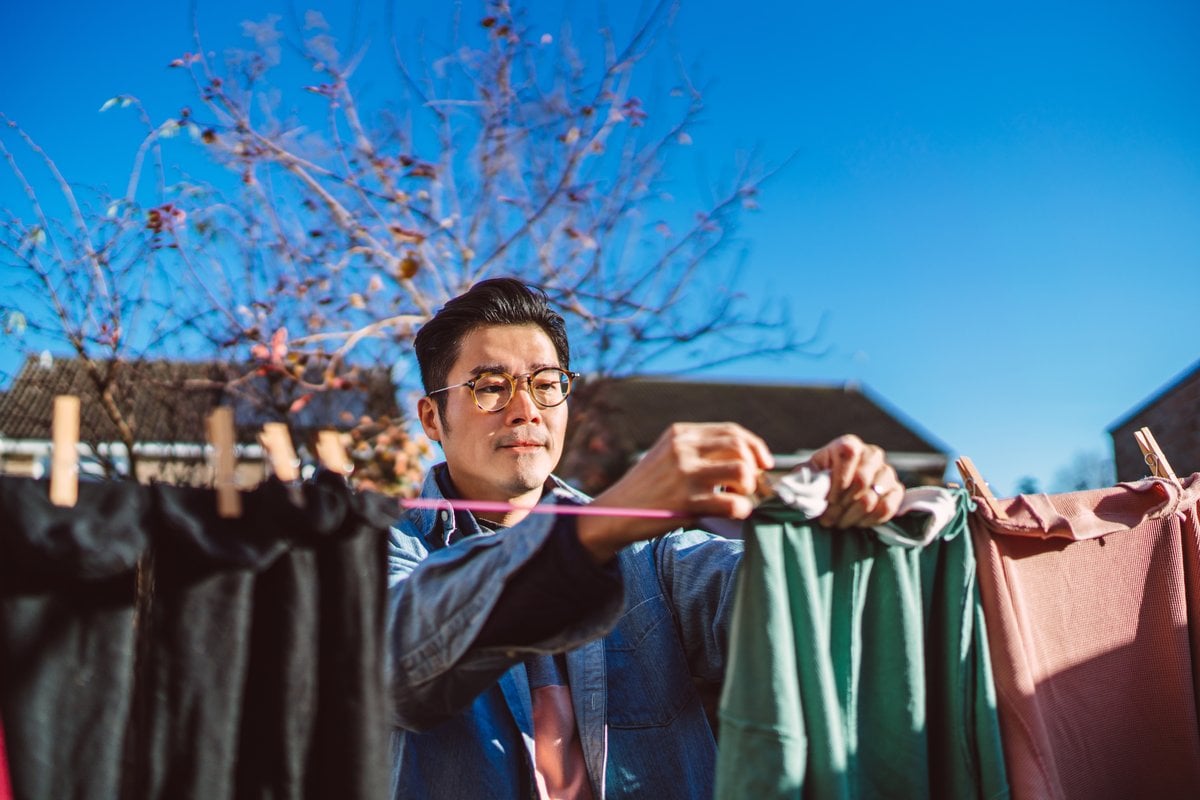
Women perform between three and seven times more caregiving tasks than men in the global south. These include household domestic work and largely focus on caring for children.
Hopefully this is changing. The 2023 State of the World’s Fathers Report, themed “Centering Care in a World in Crisis”, explored the experiences and involvement in caregiving among 12,000 men and women, many of whom are parents, across 17 countries. The survey looked at who does the caregiving, how they care, for whom, and what men and women think about care.
I am one of five co-authors of the report, which unveiled a remarkable appreciation for care among respondents. In an online survey they overwhelmingly associated care with positive terms. “Love” was the most frequently mentioned word across all countries.
Other frequently mentioned words included “help”, “protection”, “attention”, “responsibility”, “health”, “kindness” and “family”.
Most of the men involved in the survey said they were doing care work, and they were willing to do more. But many barriers stood in their way, including societal norms and financial constraints. While the findings of the research point to changes, it also found that the pace of change is far too slow.
Growing pressure for greater equality
Earlier this year, United Nations member states unanimously designated 29 October as the International Day of Care and Support. This reflects a growing recognition of the value of care and care work, highlighting the urgent need to distribute caregiving responsibilities more equitably.
Providing care for another person can be a positive experience, fostering empathy and meaningful relationships. However the unequal allocation of caregiving between men and women has long hindered women’s participation in paid work.
